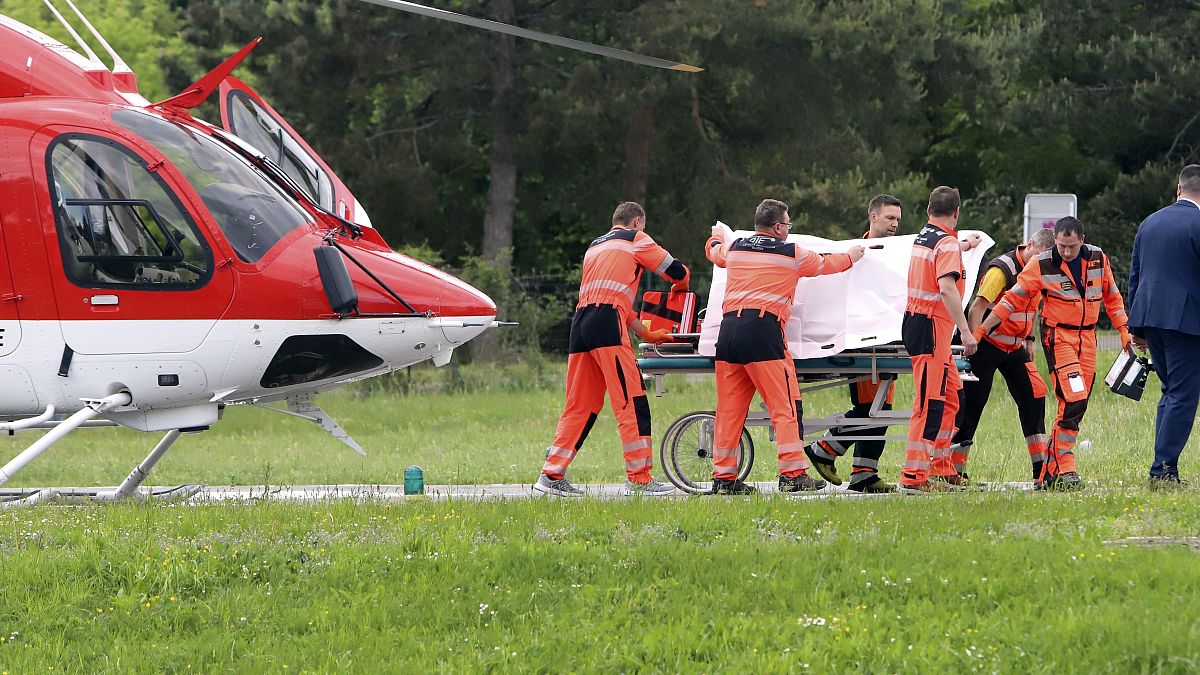European Policy Centre analysts say the general political climate and the upcoming European elections are, in part, responsible for the uptick in violence.
The shooting of Slovakian Prime Minister Robert Fico is an example of the more serious acts of political violence in parts of the European Union.
It was the first attempt on the life of a European head of state since 2003, and reflects a growing polarisation across the continent.
Eric Maurice, researcher at the European Policy Centre, said there are numerous factors behind the discontent.



This is the best summary I could come up with:
The shooting of Slovakian Prime Minister Robert Fico is an example of the more serious acts of political violence in parts of the European Union.
According to German federal police statistics, 22 people have been attacked in the country since the start of the year, including Social Democrat Member of the European Parliament Matthias Ecke.
Both government and opposition parties say their members and supporters have faced a wave of physical and verbal attacks in recent months and have called for greater protection for politicians and election rallies.
German police figures show physical or verbal violence against elected representatives has almost doubled in the past five years - 2,790 incidents were recorded in 2023.
The French Interior Ministry recorded 2,265 complaints or reports of violence in 2022, an increase of 32 percent compared to 2021.
He said the fear of becoming the target of violence could discourage European citizens from getting involved in politics or standing for re-election.
The original article contains 443 words, the summary contains 158 words. Saved 64%. I’m a bot and I’m open source!